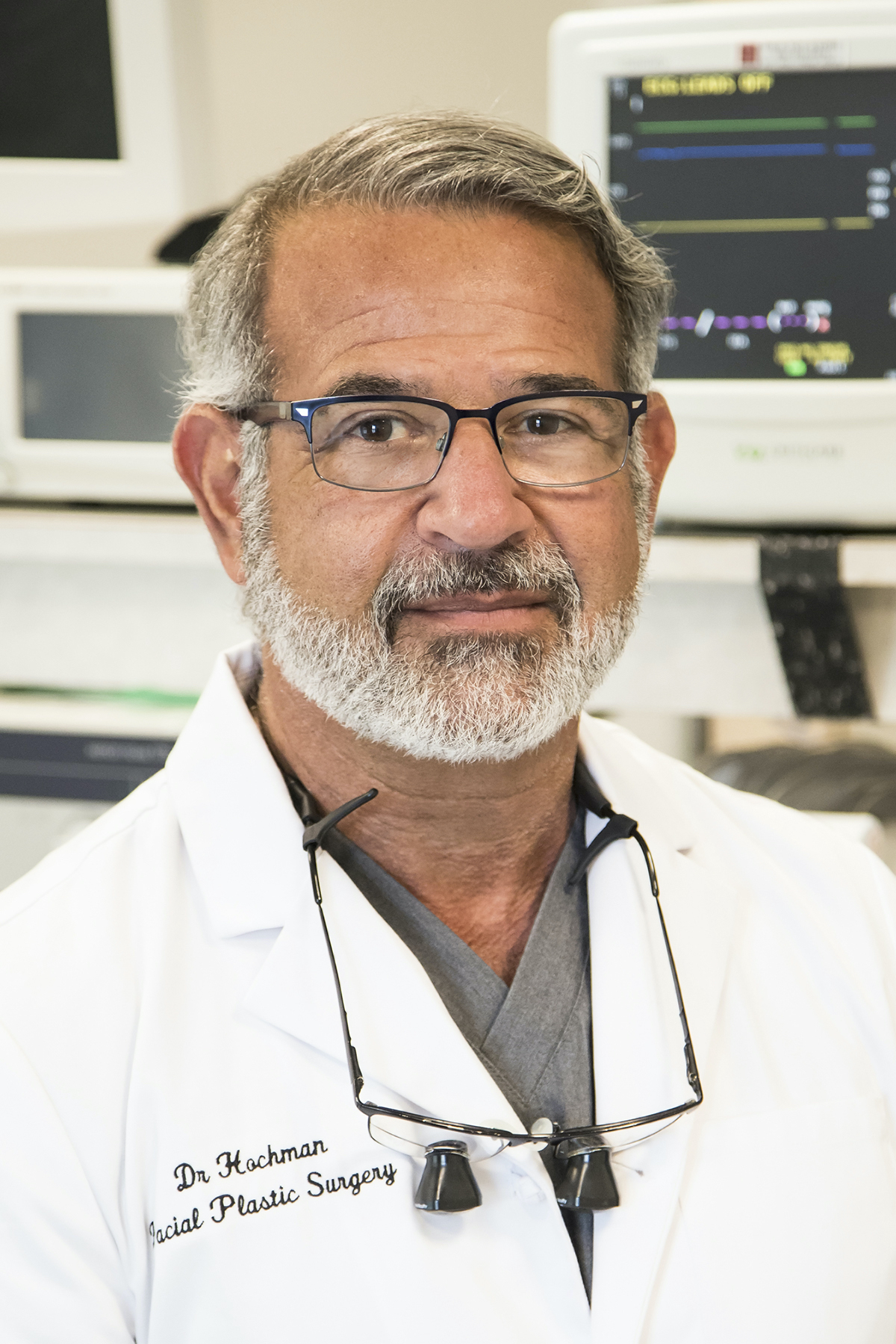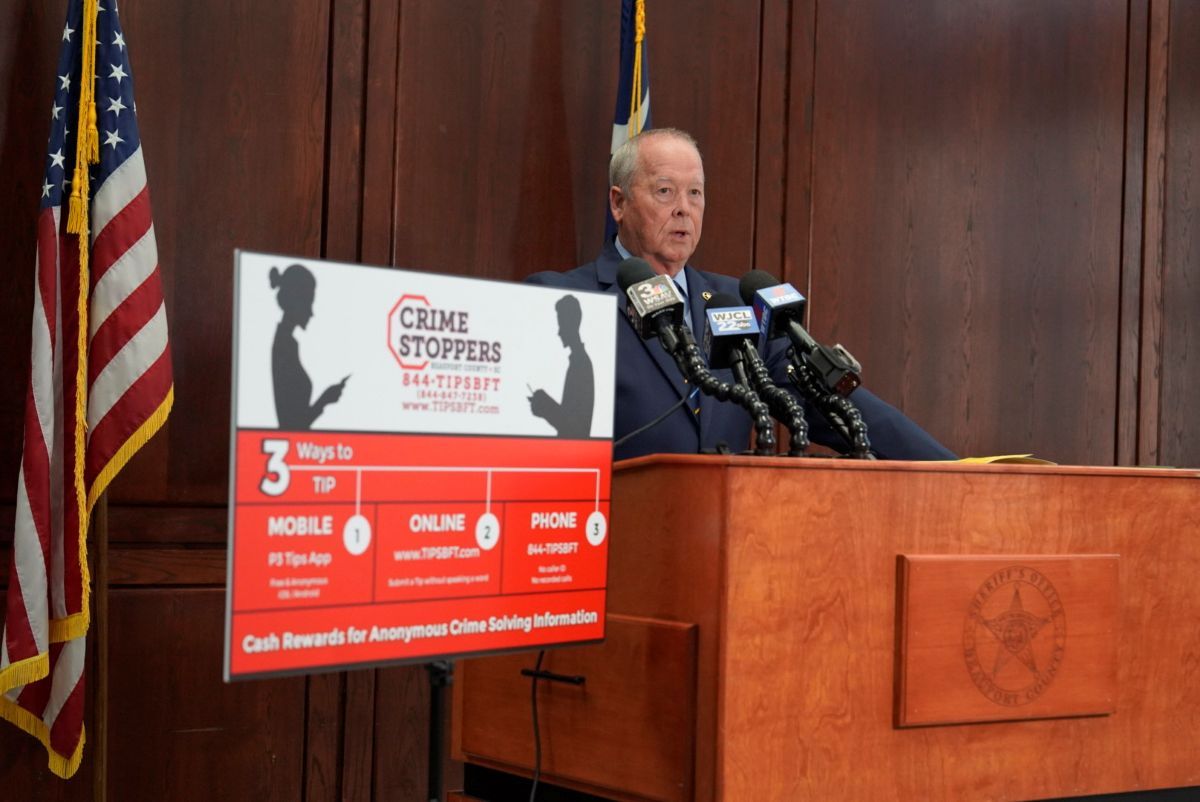Kevin Wiley has always taken his high blood pressure seriously. His mother died of a heart attack when she was only 30 years old and two of his uncles suffered the same fate in their 40s and 50s.
But when his right arm and leg began to feel heavy one afternoon in the spring of 2009, Wiley dismissed it and continued to go about his day. That evening, his wife Shelia noticed his speech was slurred.
“I didn’t want to admit something was wrong,” Wiley recalled. “I was in denial.”
By 2:30 a.m. the next morning, his symptoms had become so severe, he was hardly able to walk and was bumping into walls.

Shelia took her husband to the Beaufort Memorial Hospital ER where he was diagnosed with a stroke.
Although Wiley had been on high blood pressure medication for 10 years, he stopped taking it in the fall of 2008. Five months later, he had the stroke.
“I didn’t like how the medication made me feel, so I switched to homeopathic supplements,” said the 48-year-old father of four. “In hindsight, that was a mistake.”
The stroke left him paralyzed on the right side of his body. He had trouble swallowing and couldn’t speak clearly.
“Those first few months, I had to do everything for him,” said Shelia, a software manager with the Beaufort County School District. “He used to do all the shopping and most of the cooking. That was the biggest change in our lives.”
After almost a year of occupational, speech and physical therapy, Wiley is back shopping, cooking and serving as pastor of Second Pilgrim Baptist Church in Beaufort. But the stroke has left him with numerous disabilities. He walks with a wobble and is unable to use his right arm. He also suffers from short-term memory loss.
Once a health issue of the elderly, stroke is becoming more and more prevalent in adults in their 40s and 50s. Nearly half of all diagnosed strokes in South Carolina now occur to patients younger than 65.
The dramatic increase in young stroke patients has prompted Beaufort Memorial Hospital to host the area’s first stroke EXPO April 21 in Building 12 of the Technical College of the Lowcountry in Beaufort.
“People don’t realize you can suffer a stroke at any age,” said Kathy Campbell, director of Beaufort Memorial’s inpatient rehab unit. “Young survivors often have different needs and issues than older stroke survivors. We’re starting a support group to provide them with resources and tools to help them deal with the life-changing effects of stroke.”
The EXPO is being cosponsored by YoungStroke, Inc., an advocacy organization for adults who experienced a stroke between the ages of 20 and 64. Stroke survivor and founder Amy Edmunds will be among the guest speakers featured during the 9 a.m. to 3:30 p.m. event.
“In the U.S., we don’t differentiate stroke survivors by age,” said Edmunds, who had her stroke when she was 43. “But there are differences. Young stroke survivors can have better outcomes if they receive more aggressive therapy.”
Edmunds will be joined by neurologist Dr. Paul Mazzeo, internist Dr. Philip Cusumano and Greg Gilbert of the South Carolina Vocational Rehabilitation Department. The EXPO also will include a panel of four stroke survivors and a caregiver, among them Kevin and Shelia Wiley. They will discuss their experiences and how they cope with life after stroke.
“I’ve had to change some things in my life,” Kevin Wiley said. “I exercise four times a week now and I stay away from pasta and pizza.”
To register for the EXPO, call (843) 522-5585. For more information about Young Stroke, Inc., go to www.youngstroke.org.





